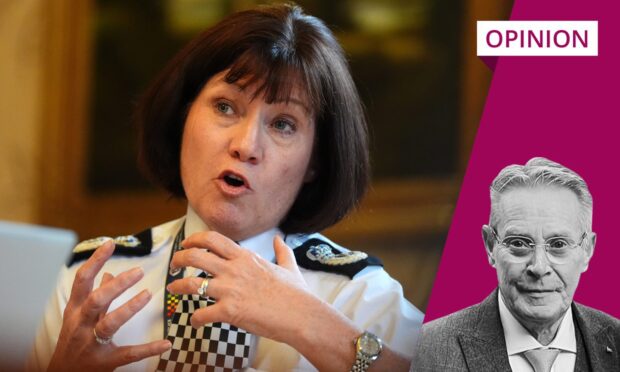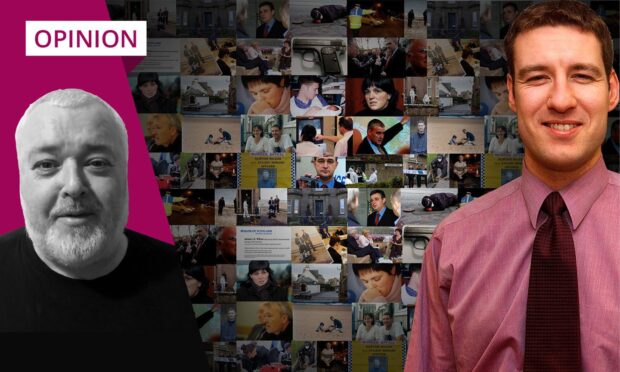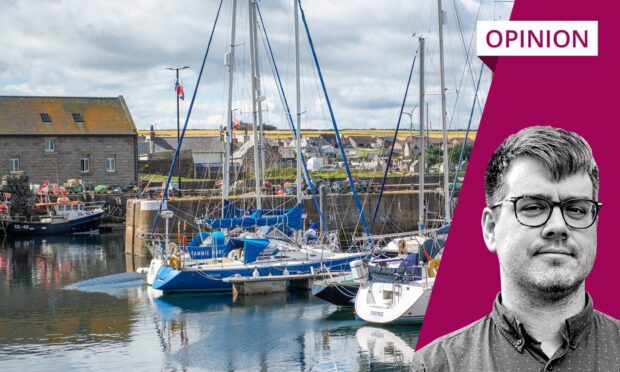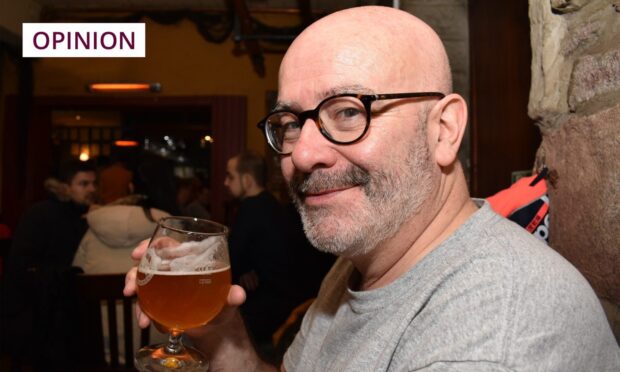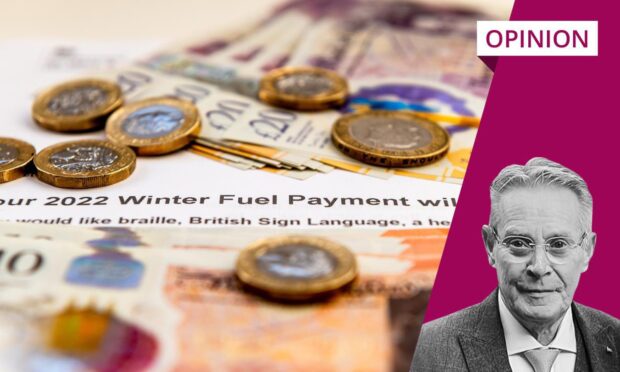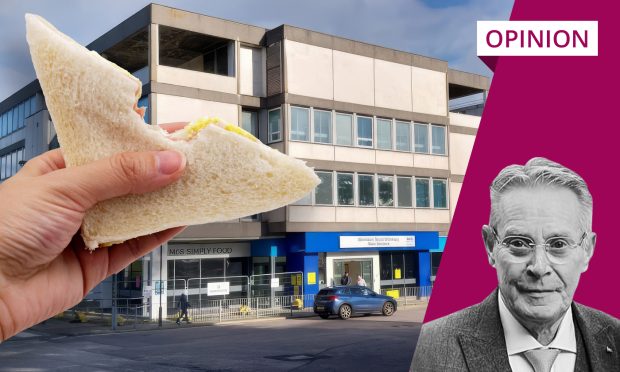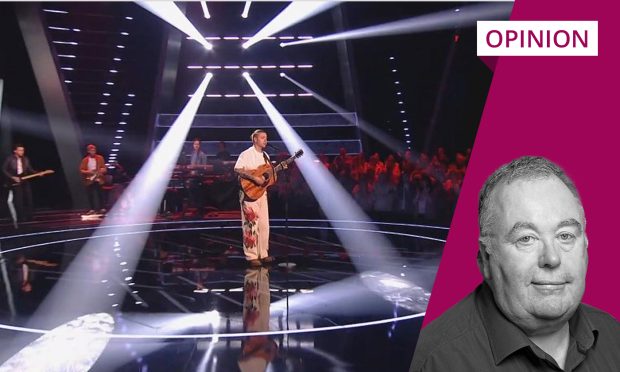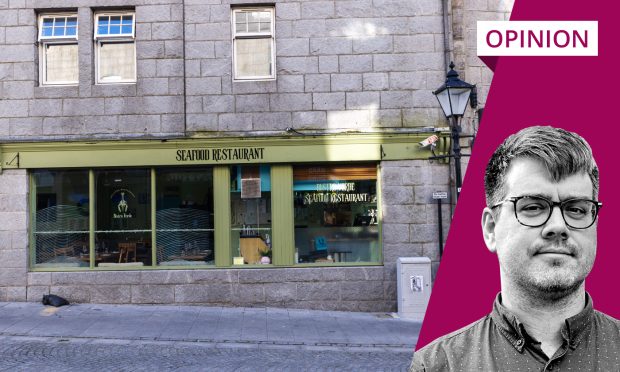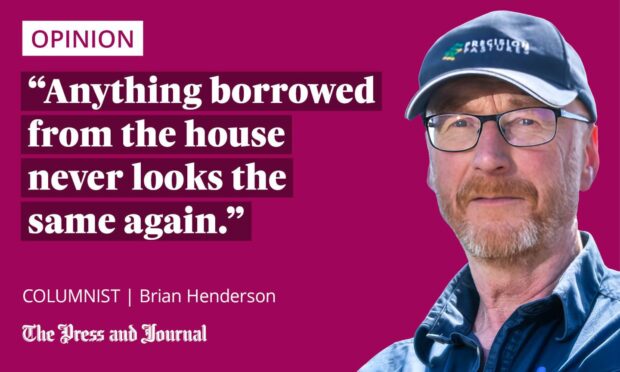That prohibition doesn’t work was a lesson our friends in America learned 90 years ago.
Once the US legalised booze, the bootleggers, gangsters and criminals were out of the picture, and ordinary people were no longer outlaws just for having a beer or a glass of wine. And they were no longer drinking alcohol spiked with God knows what, made by God knows who, God knows where.
It is a universally acknowledged fact that the USA ending prohibition in 1933 was a Good Thing. So, why all the shouting and screaming when the Scottish Government proposes taking much the same approach to drugs, by legalising them for personal use?
What’s with all the pearl-clutching and predictions of societal collapse and mayhem, spiralling addiction and death?
This is a move which is designed to do exactly the opposite. It is aimed at stemming Scotland’s hideous drugs death rate, which is a stain on our nation.
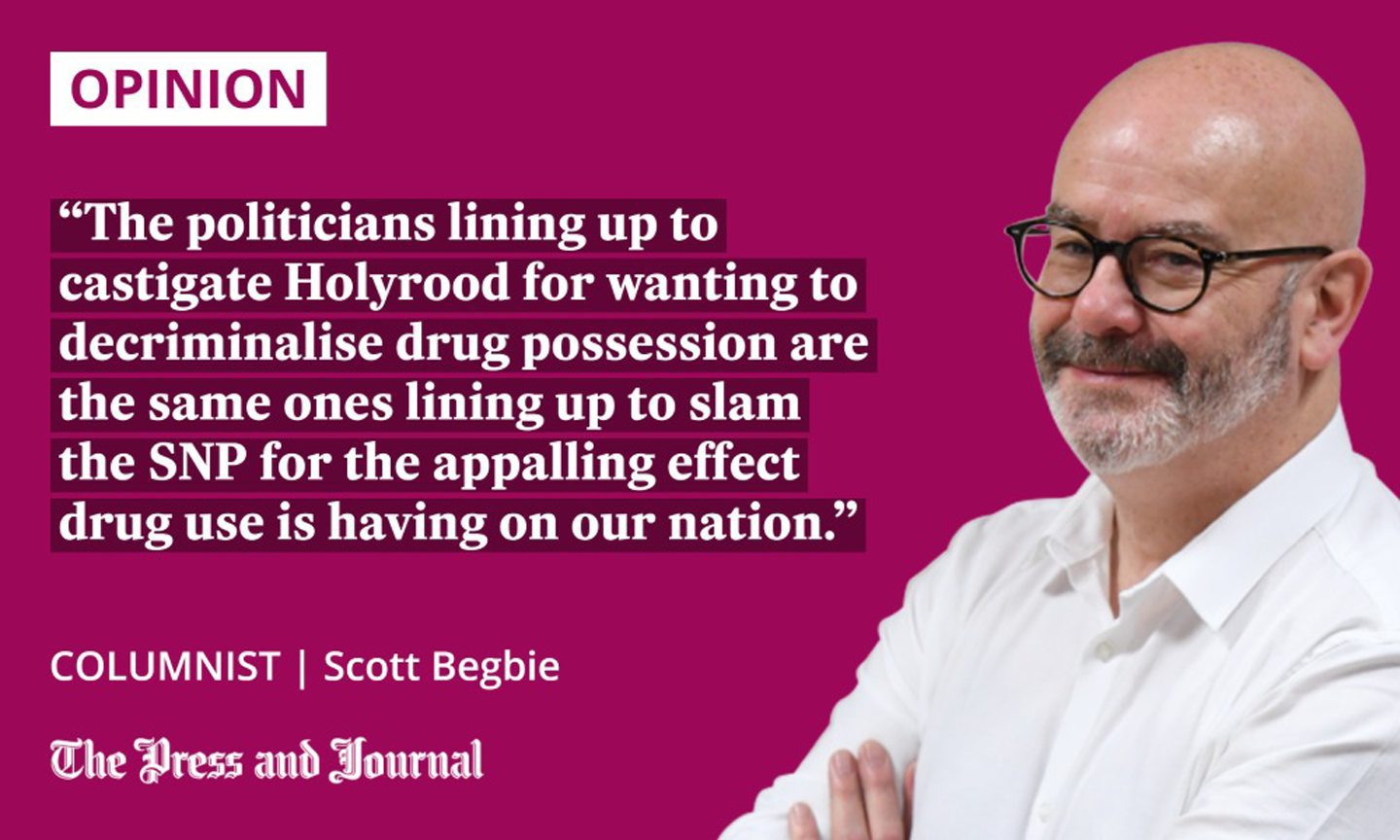
The war on drugs has manifestly failed. So, why not make the bold move of treating drugs and addiction as a health problem, not a crime?
Instead of ending up with a criminal record – or a jail sentence – drug users will be steered towards help with their problems in a healthcare setting, not a prison cell.
Part of the Scottish Government’s proposals include the eminently sensible move towards supervised drug consumption places, where people can do what the need to do safely and with a direct route to helping them out of the vicious cycle they are in.
Not endlessly chasing after drug users will free up police and justice resources to go after the criminal drug gangs who don’t give a jot what they sell to who, or how much damage it does to our society.
Why can’t Scotland try Portugal’s approach?
We don’t even need to go all the way back to America in 1933 to see what happens when you take a clear-eyed and sensible approach to drug use.
Portugal decriminalised all drugs in 2001. It has since seen a huge drop in overdose deaths, a fall in arrests, fewer people in prison, and more people getting the drug treatment they need. What it didn’t see was a major increase in drug use.
Why not try it here? Other than the obvious problem of Westminster refusing to give Scotland the power to sort out a problem that is blighting lives, driving crime and leaving a searing death toll in its wake.
Decriminalisation of all drugs for personal supply is one of a number of polices which the Scottish Government is calling on the UK Government to implement in a new paper on drug law reform. #DrugLawReform
Read more: https://t.co/wvcxKO2RVg pic.twitter.com/Txp7sVsnad
— Scot Gov Health (@scotgovhealth) July 7, 2023
The politicians lining up to castigate Holyrood for wanting to decriminalise drug possession are the same ones lining up to slam the SNP for the appalling effect drug use is having on our nation.
Amidst all the nonsense is the idiotic claim the SNP is “just trying to pick a fight with Westminster”. And, all the while, people are dying; lives and communities are being destroyed.
For once, can we not use a life-or-death issue as a political football? Put aside the tribalism and let’s get on with saving lives and making Scotland safer and better for everyone.
Scott Begbie is a former journalist and editor for The Press and Journal and Evening Express

